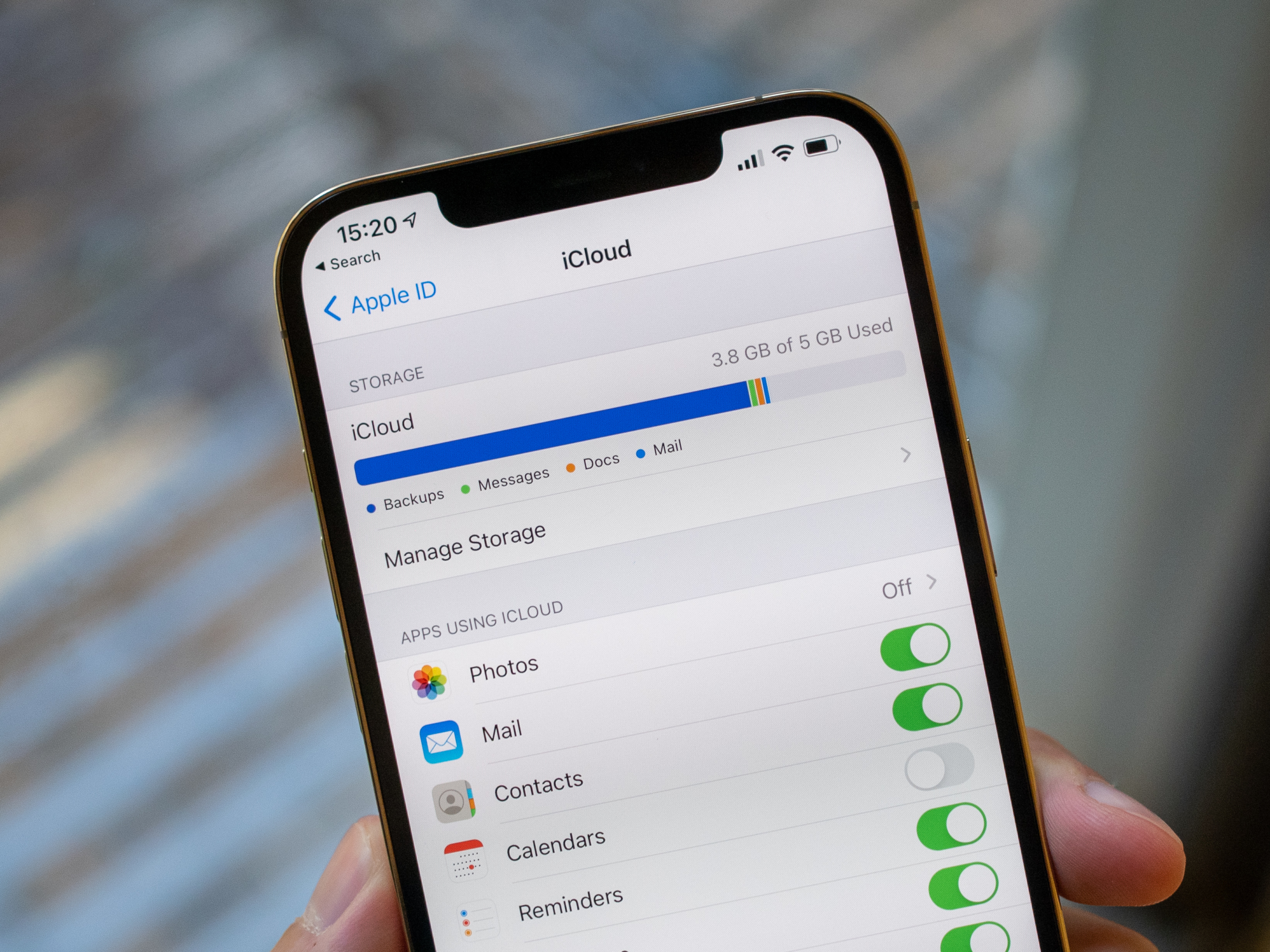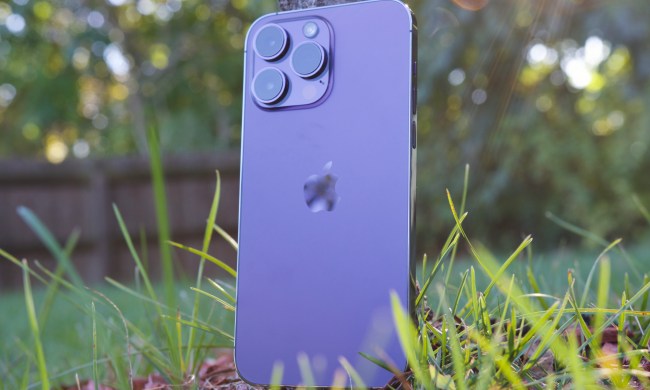You just got your shiny new iPhone, unboxed it, and turned it on for the first time. It’s a good feeling. During the setup process, you’ve input your contacts, mail, and calendar into the phone. You start taking photos and downloading files. And just a couple days in, you get a notification that you’re out of iCloud storage. You open your settings to find that you only have a measly 5GB to use. No, there isn’t supposed to be an extra zero there.
It’s a pitiful offering. In an era of cloud storage, Apple is way behind. Sure, iCloud isn’t necessarily an exact competitor of the likes of Google Drive, OneDrive, and Dropbox — but to a certain extent, there’s crossover. And while you get 15GB for free with Google Drive, iCloud offers one third of that. Apple’s not alone either — Microsoft OneDrive offers 5GB, and Dropbox offers an even worse free plan of 2GB.
But unlike OneDrive or Dropbox, if you have an iPhone, you already forked over hundreds or thousands of dollars to Apple, and are likely to spend even more in the App Store and on its other products. Yet. you only get 5GB of iCloud storage for free, which isn’t even enough to let you use all of Apple’s services (which rely on iCloud storage) for more than a few weeks before you max it out.
Cloud storage becomes a necessity
Cloud storage has gotten more and more useful over the years — and more and more integrated with your apps and services. In fact, in 2020, you kind of need it. You might be able to get away with using a free plan at times, but even if you can’t, it’s well worth paying for.

And iCloud storage in particular is super useful. Not only does it back up your entire iPhone, which can help in case of an emergency, but it can also store photos and videos from your phone, files from your Mac, and so on. These days, iCloud is the backbone that lets you use Mail, Notes, Contacts, Calendars, Reminders, Messages, passwords … you get the idea.
If it happens on your Apple device, it can probably be backed up to iCloud. In other words, your entire digital life can be accessed quickly and easily on any device that’s logged into your Apple ID. In a pinch, you can even access it all on devices that aren’t logged in, through the (admittedly subpar) iCloud website.
iCloud is the backbone that lets you use every Apple app and service
Even the lowest $1-per-month 50GB plan or $3-per-month 200GB-per-month plan can be seriously valuable. The 50GB plan is basically a requirement if you have more than one Apple device or use any of its built-in apps. With the 200GB plan, many people will be able to store all their photos and videos, backup their phones, and store a bunch of files — with room to spare.
Of course, the new Apple One subscriptions are worth considering too, because if you’re going to be paying for iCloud anyway, you might as well get other things at the same time. But if you’re not careful, you can end up paying more for services you don’t need or won’t use. Realistically, most people don’t play games on Apple Arcade, don’t need to access news stories on Apple News+, and don’t yet know if they’ll use Apple Fitness+. But for those that do use those services in addition to iCloud, Apple One represents serious value.
Even if you don’t end up subscribing to Apple One, it’s worth looking into iCloud storage. Even if just to get rid of that red bubble on the Settings app warning you that you’re out of storage.


